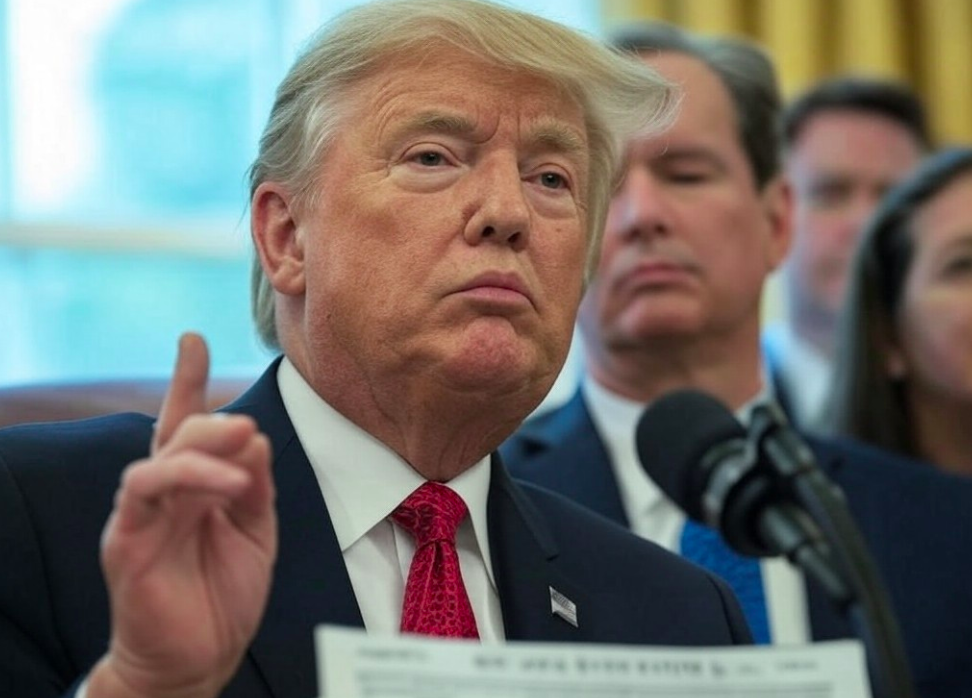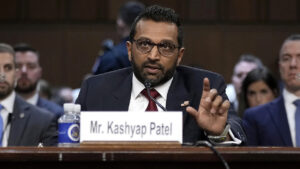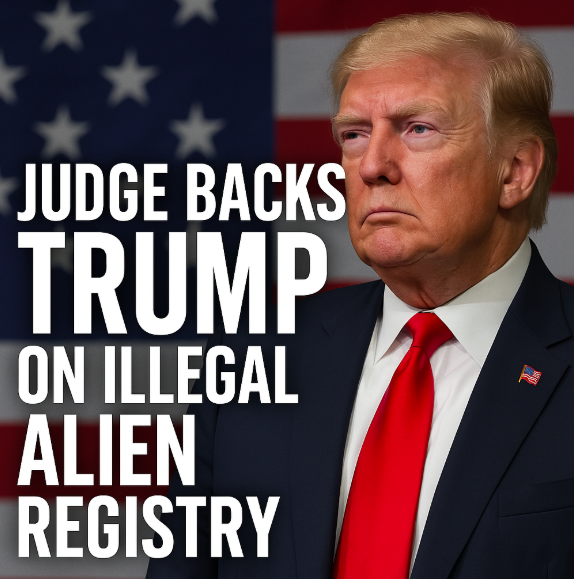In a surprising development, a recent opinion essay published by The New York Times has conceded that President Donald Trump’s position on birthright citizenship may have legal merit. This acknowledgment from a traditionally liberal publication has ignited discussions across the political spectrum, particularly among conservative circles advocating for a reevaluation of immigration policies.
The essay, authored by two law professors, delves into the complexities surrounding the 14th Amendment’s Citizenship Clause. They argue that the prevailing interpretation, which grants automatic citizenship to nearly all individuals born on U.S. soil, might not align with the original intent of the Amendment’s framers. This perspective challenges the long-standing application of jus soli, or “right of the soil,” in the United States.
Historically, the 14th Amendment, ratified in 1868, was designed to grant citizenship to former slaves and their descendants. The Citizenship Clause states: “All persons born or naturalized in the United States, and subject to the jurisdiction thereof, are citizens of the United States and of the State wherein they reside.” The crux of the debate centers on the phrase “subject to the jurisdiction thereof.” The essay posits that this clause was intended to exclude certain groups, such as children of foreign diplomats and possibly those of unauthorized immigrants, from automatic citizenship.
This interpretation finds some support in historical legal precedents. In the 1884 Supreme Court case Elk v. Wilkins, the Court held that Native American tribes were independent political entities, and thus, individuals born into these tribes were not automatically U.S. citizens. This decision hinged on the understanding that being born within U.S. territory did not necessarily equate to being “subject to its jurisdiction” in the full sense intended by the Amendment.
Further complicating the issue is the 1898 case of United States v. Wong Kim Ark, where the Supreme Court ruled that a child born in the U.S. to legally resident non-citizen parents was indeed a U.S. citizen. However, the Wong Kim Ark decision did not directly address the status of children born to parents residing in the country illegally, leaving a gray area that continues to fuel legal debates.
President Trump has long been a vocal critic of the current interpretation of birthright citizenship. Upon commencing his second term in January 2025, he issued Executive Order 14160, titled “Protecting the Meaning and Value of American Citizenship,” aiming to end birthright citizenship for children of non-citizens and unauthorized immigrants. This executive action has been met with legal challenges, with opponents arguing it contradicts the Constitution. A federal judge has temporarily blocked the order, labeling it “blatantly unconstitutional.”
The New York Times essay’s concession has been met with varied reactions. Proponents of stricter immigration policies view it as a significant shift in the discourse, suggesting a growing acknowledgment of the need to revisit and possibly revise the interpretation of the 14th Amendment in the context of modern immigration challenges. They argue that the current application of birthright citizenship serves as a magnet for illegal immigration and may incentivize the practice of so-called “anchor babies,” where individuals enter the U.S. specifically to give birth and secure citizenship for their offspring.
Critics, however, caution against hasty alterations to a long-standing constitutional interpretation. They emphasize the potential legal and societal ramifications of redefining citizenship parameters and warn that such changes could undermine the principles of equality and inclusivity that are foundational to the nation’s identity.
The debate over birthright citizenship is emblematic of the broader discourse on immigration reform in the United States. As demographic shifts continue and concerns about national security and cultural integration persist, the nation finds itself at a crossroads. The New York Times essay contributes to this ongoing conversation, prompting policymakers, legal scholars, and citizens to critically assess the intersection of historical constitutional intent and contemporary societal needs.
In the coming months, as legal battles over Executive Order 14160 unfold, the nation will be compelled to confront these complex questions. The outcome of this discourse has the potential to redefine the very fabric of American citizenship and the nation’s approach to immigration in the 21st century.





